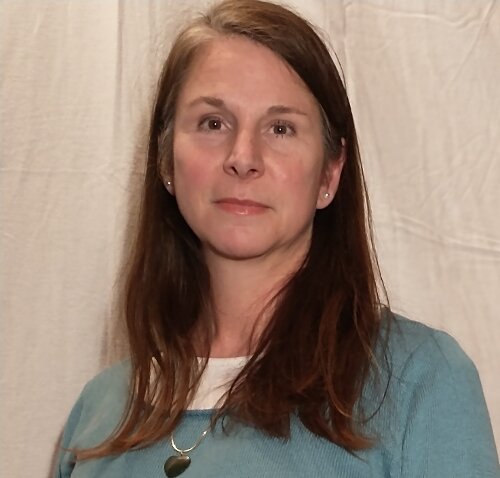Hettler: Convention of states vote held in Del. Senate
On June 13, a vote was taken in the Delaware Senate on the “convention of states” resolution — Senate Concurrent Resolution 100 — and it was defeated along party lines. The results were as follows: Of the 20 out of 21 senators present, six voted yes, five voted no, seven abstained by voting “no vote,” and two walked out as the vote was called, thereby recorded as “absent.”
“Not voting” allows a senator to avoid both a yes vote, which would upset their party caucus, and a no vote, which would upset their constituents.
How can these senators ignore the facts about runaway spending at the federal level and the increasing national debt? Our current national debt is over $34 trillion. That’s a 34 with 12 zeros! This number is unfathomable!
Convention of states volunteers agree wholeheartedly with opponents that we already have an excellent Constitution. But Article 5 was put into the Constitution by the Founders to make amendments when necessary in areas that they could not foresee.
For example, the Founders did not expect legislators or justices to stay in Washington, D.C., for 40-plus years.
Neither would they approve of our excessive accumulation of debt. Thomas Jefferson said, “The accumulation of debts is a most fearful evil.” And James Madison described national debts as “moral obligations.”
And the Founders certainly did not expect the growth of hundreds of executive agencies that make rules with no accountability. The purpose of the executive branch is to execute the laws of the legislative branch. That is it. Period. Both parties have gone way beyond this boundary.
The Founders knew that issues would arise that they could not foresee and wisely included the Article 5 convention of states provision in the Constitution to solve these problems, which threaten to destroy our country today.
Dr. Tanya Hettler
Director, Center for Education Excellence, Caesar Rodney Institute
Reader reactions, pro or con, are welcomed at civiltalk@iniusa.org.






